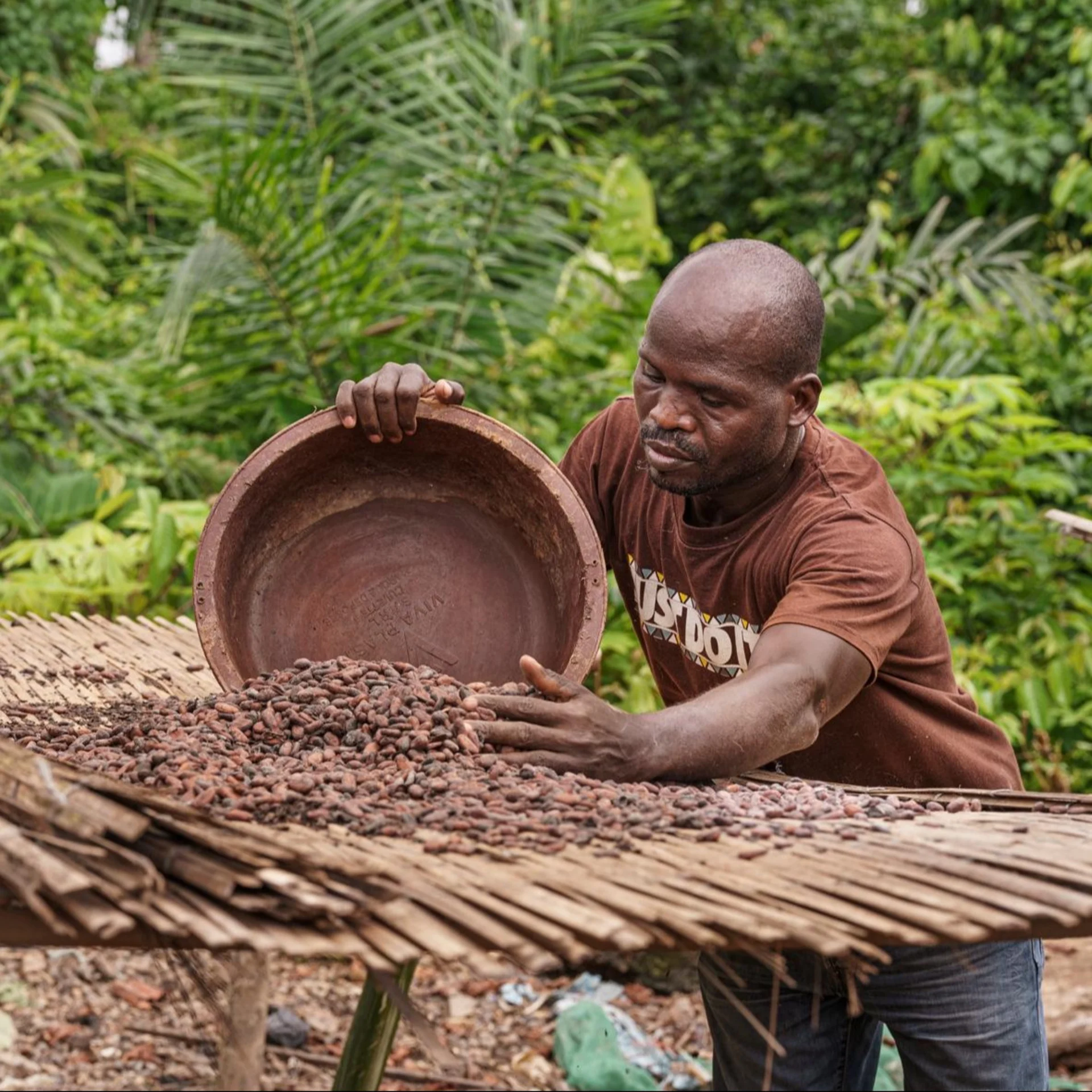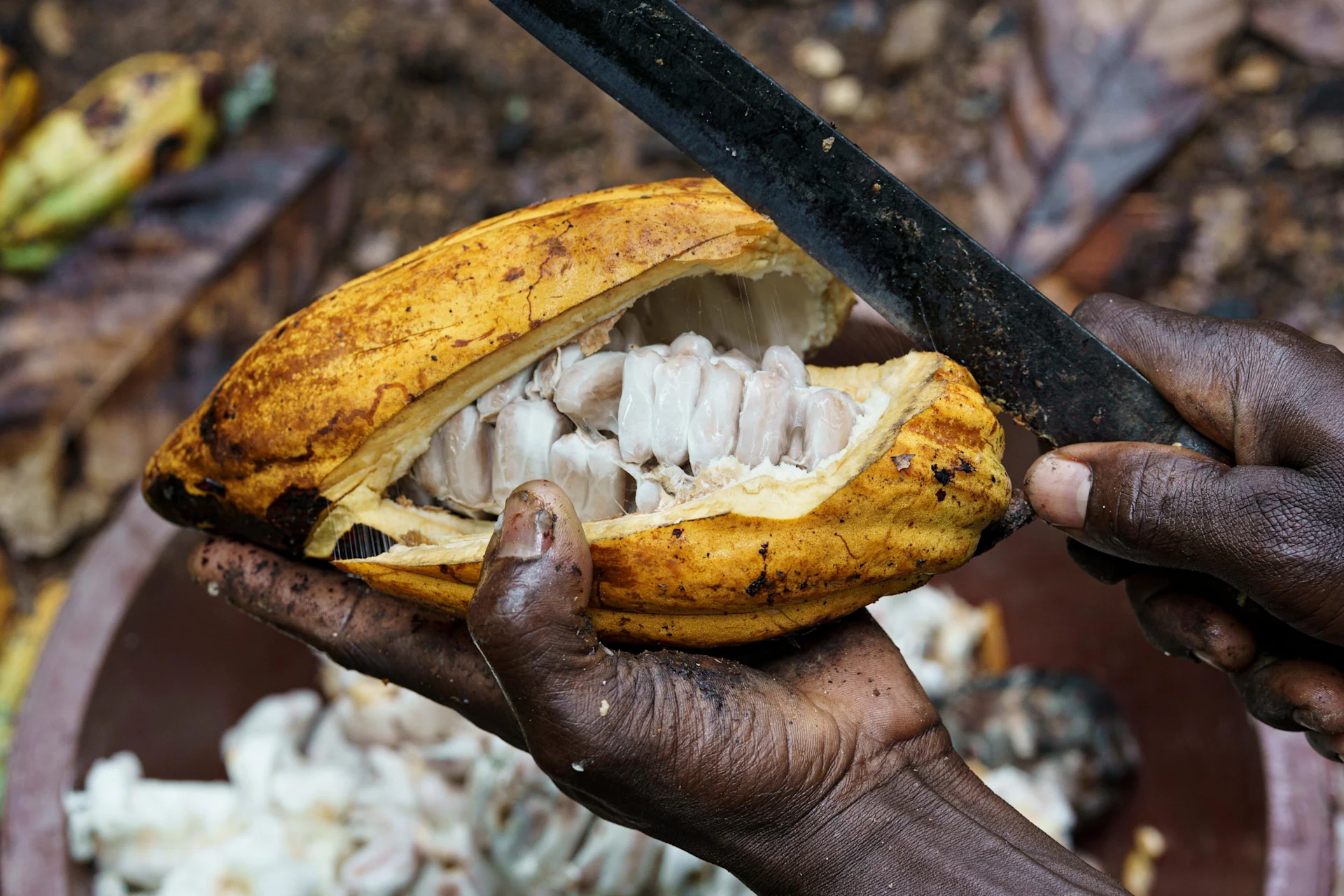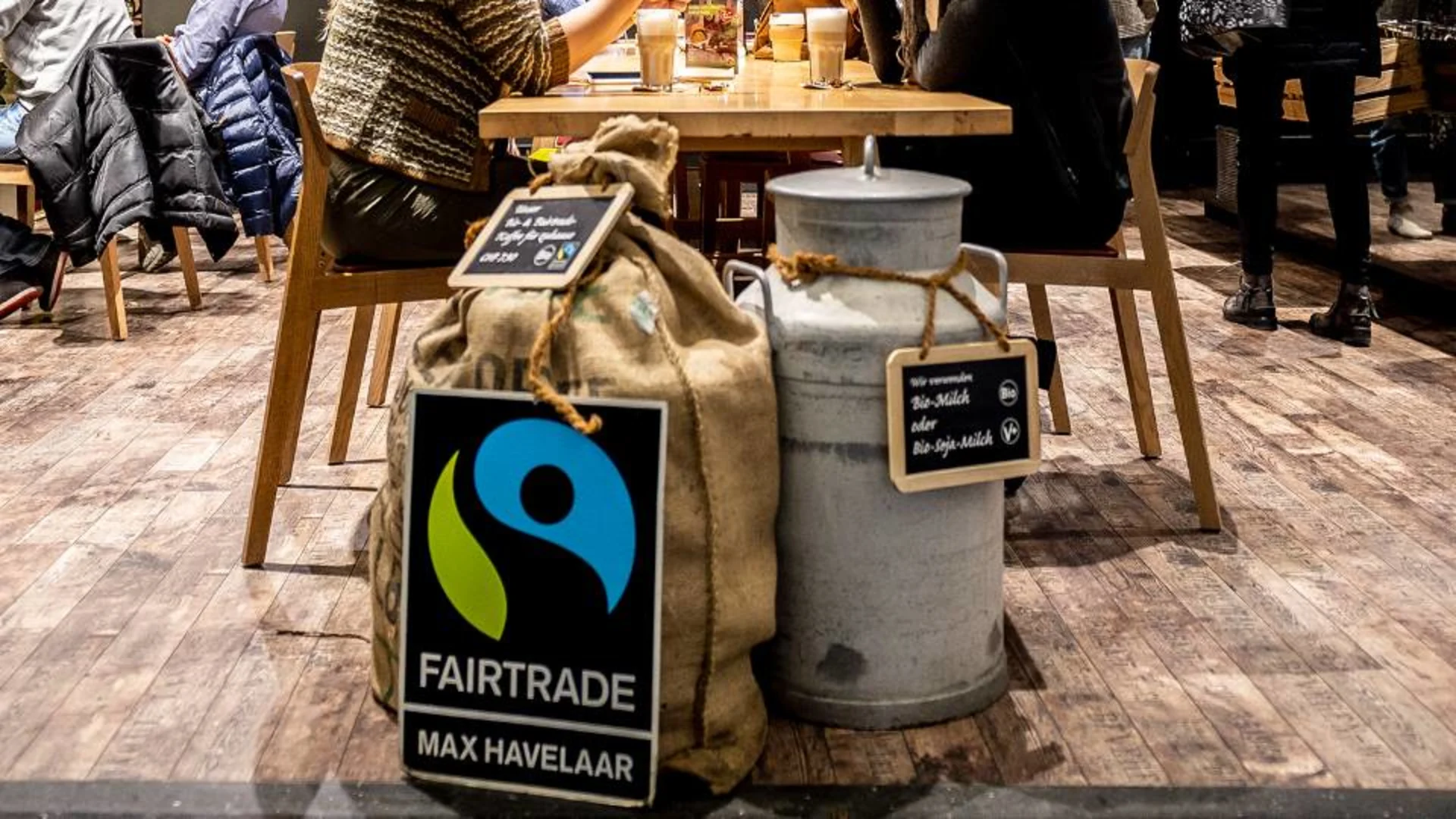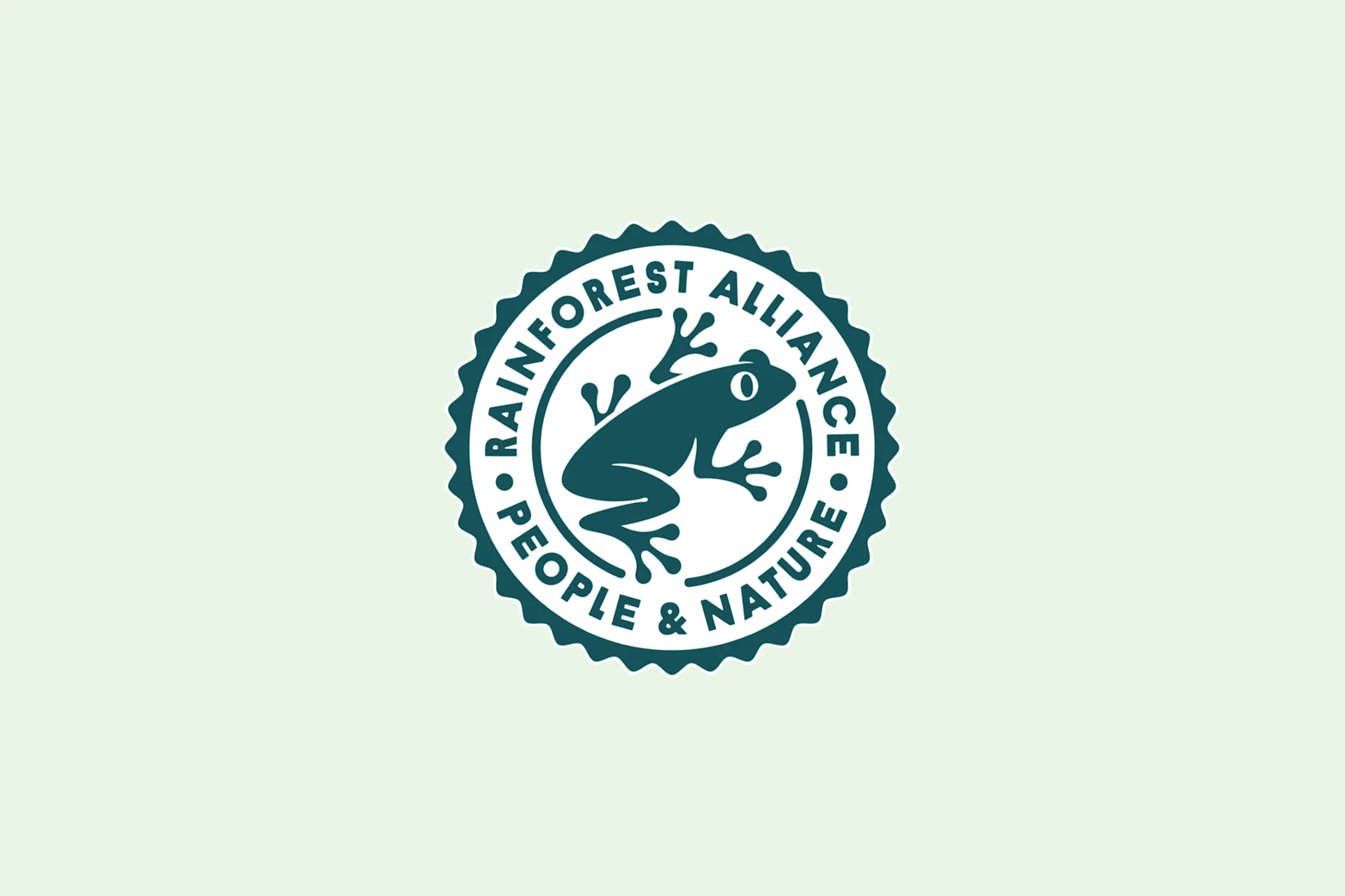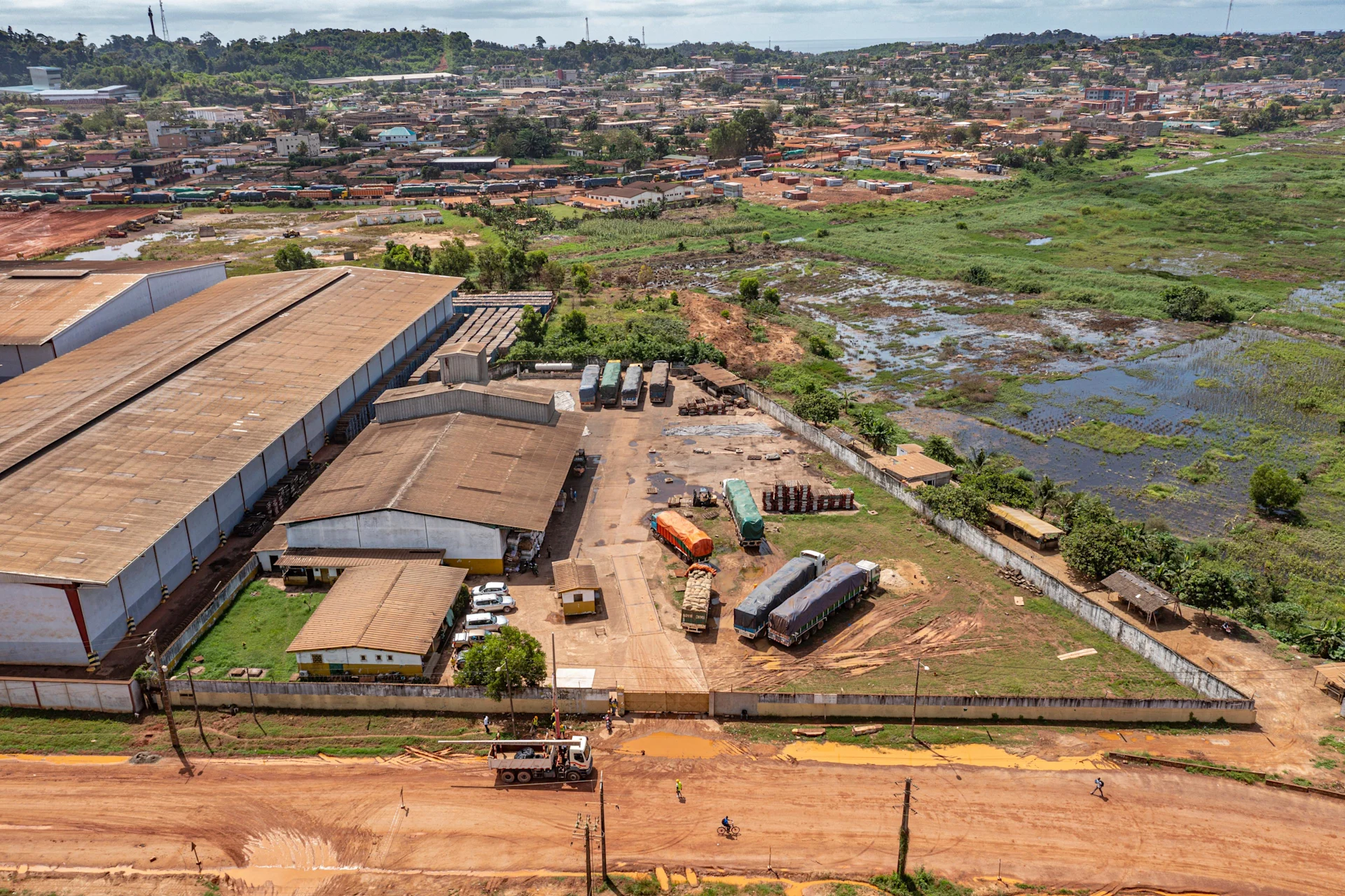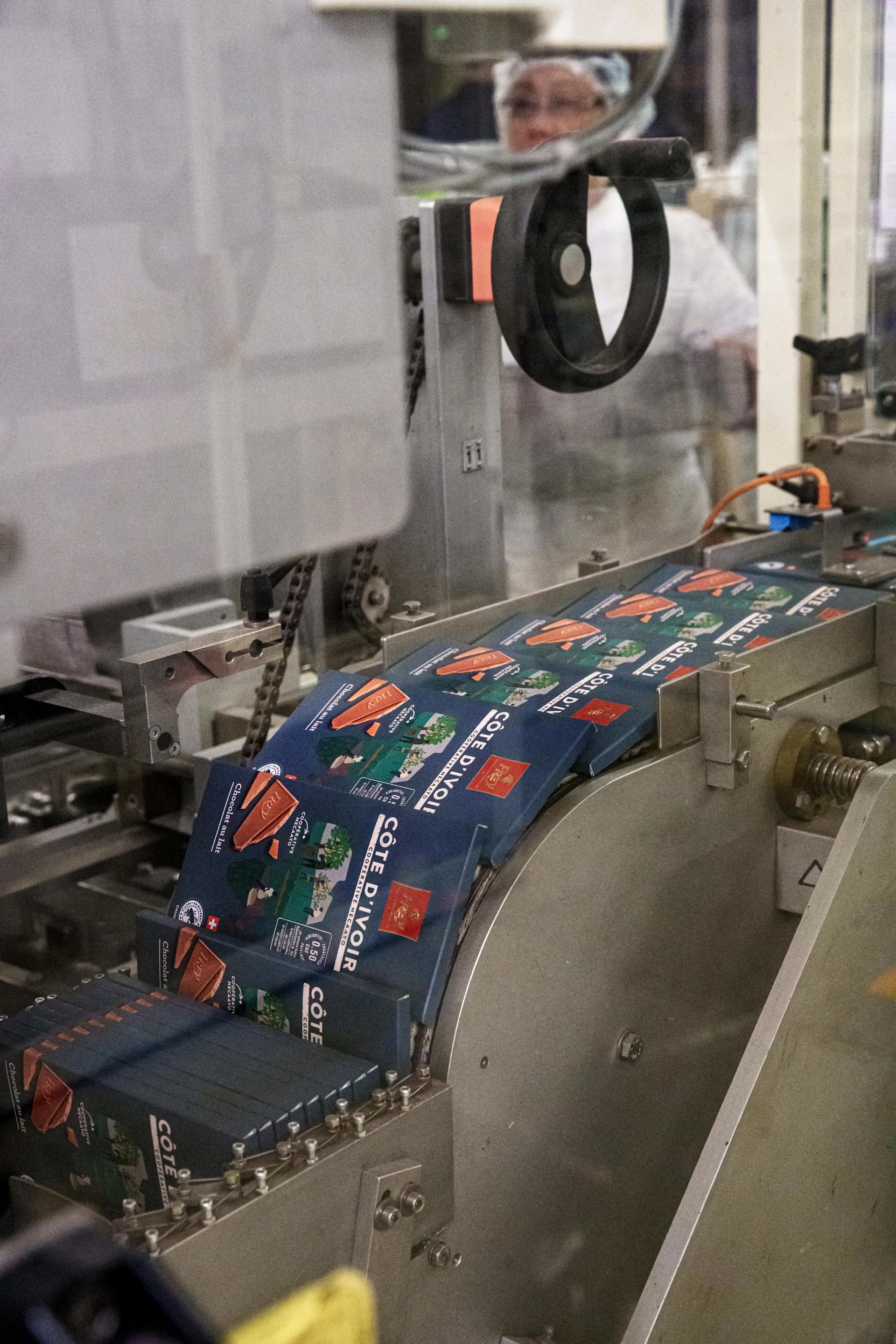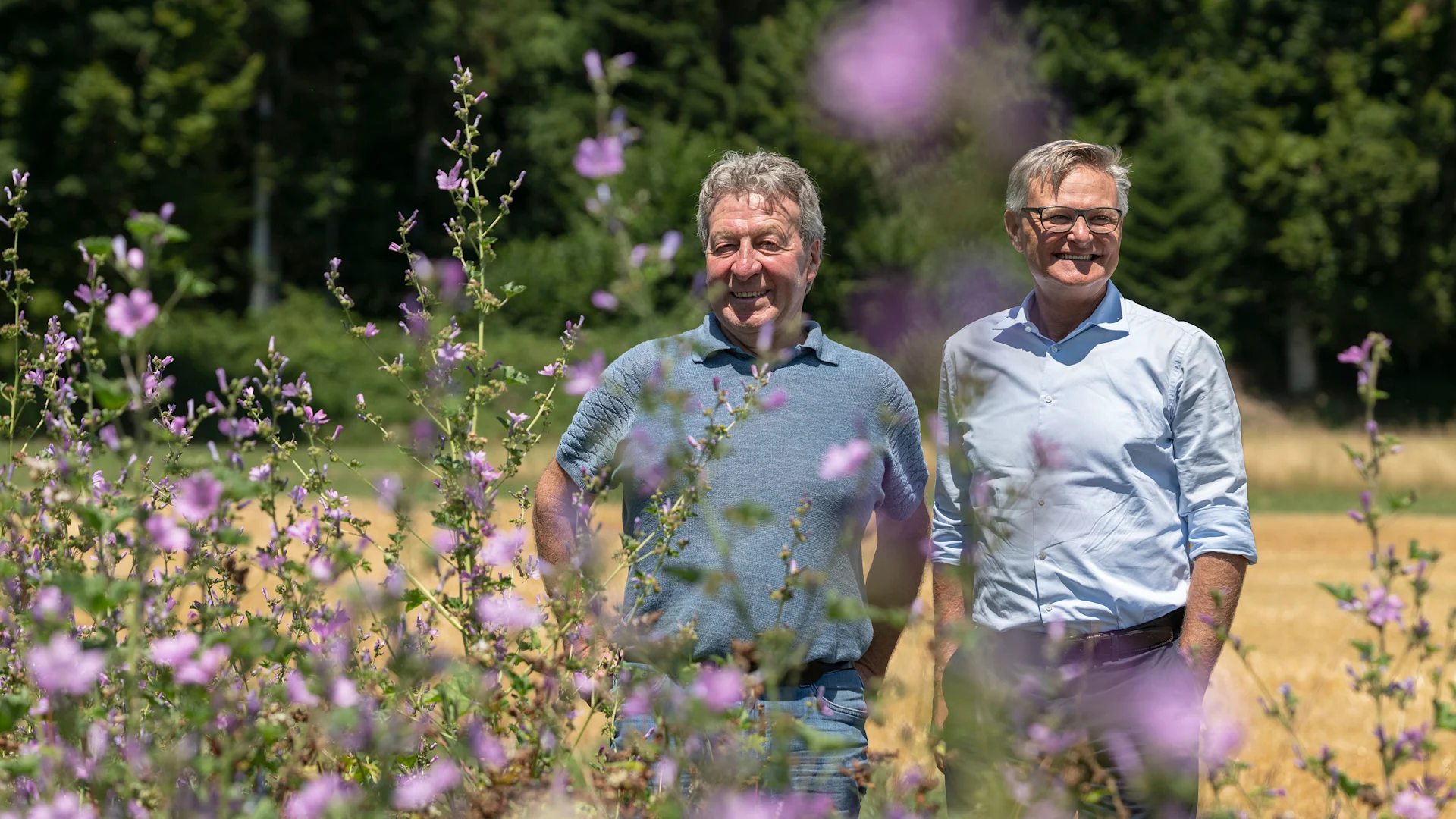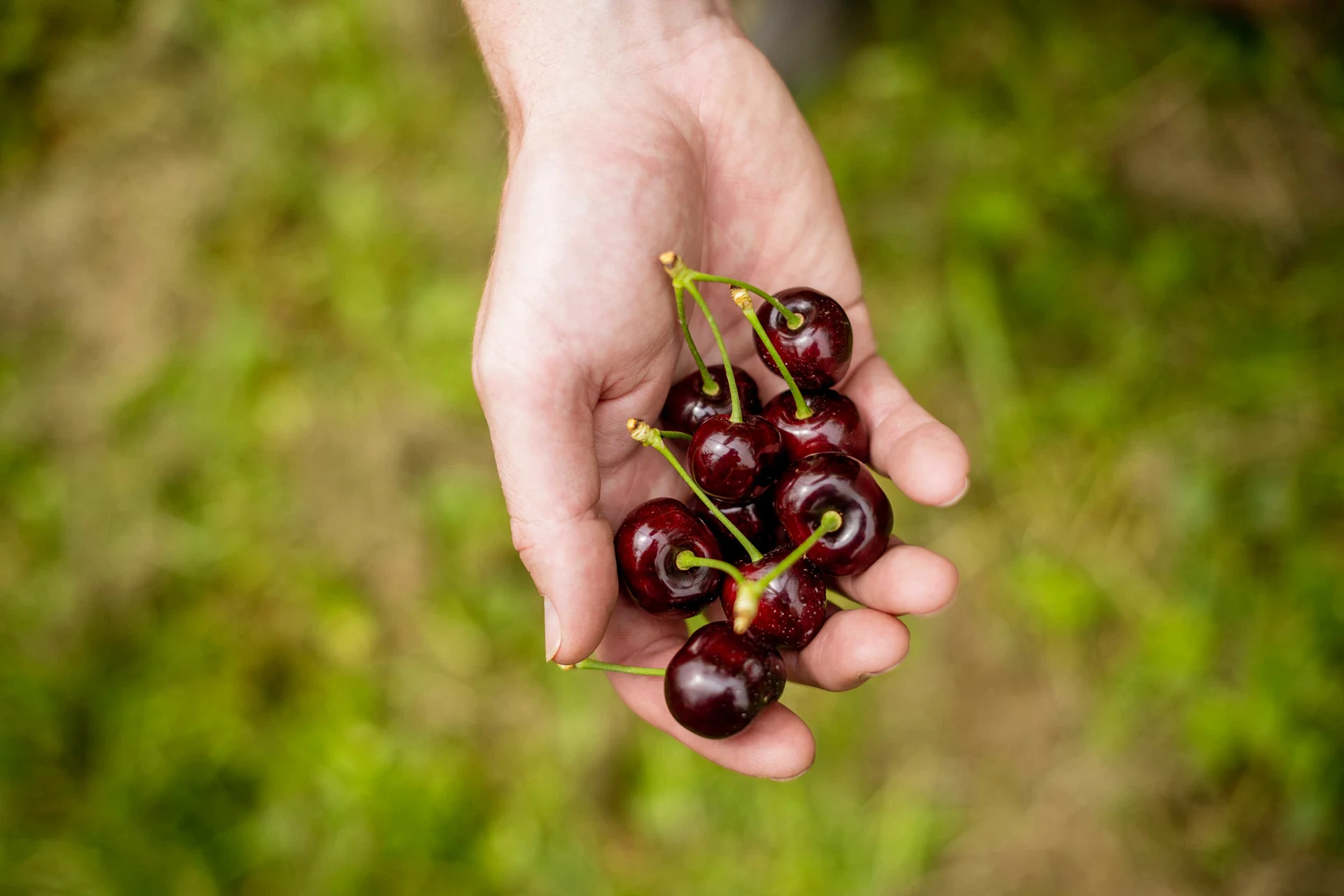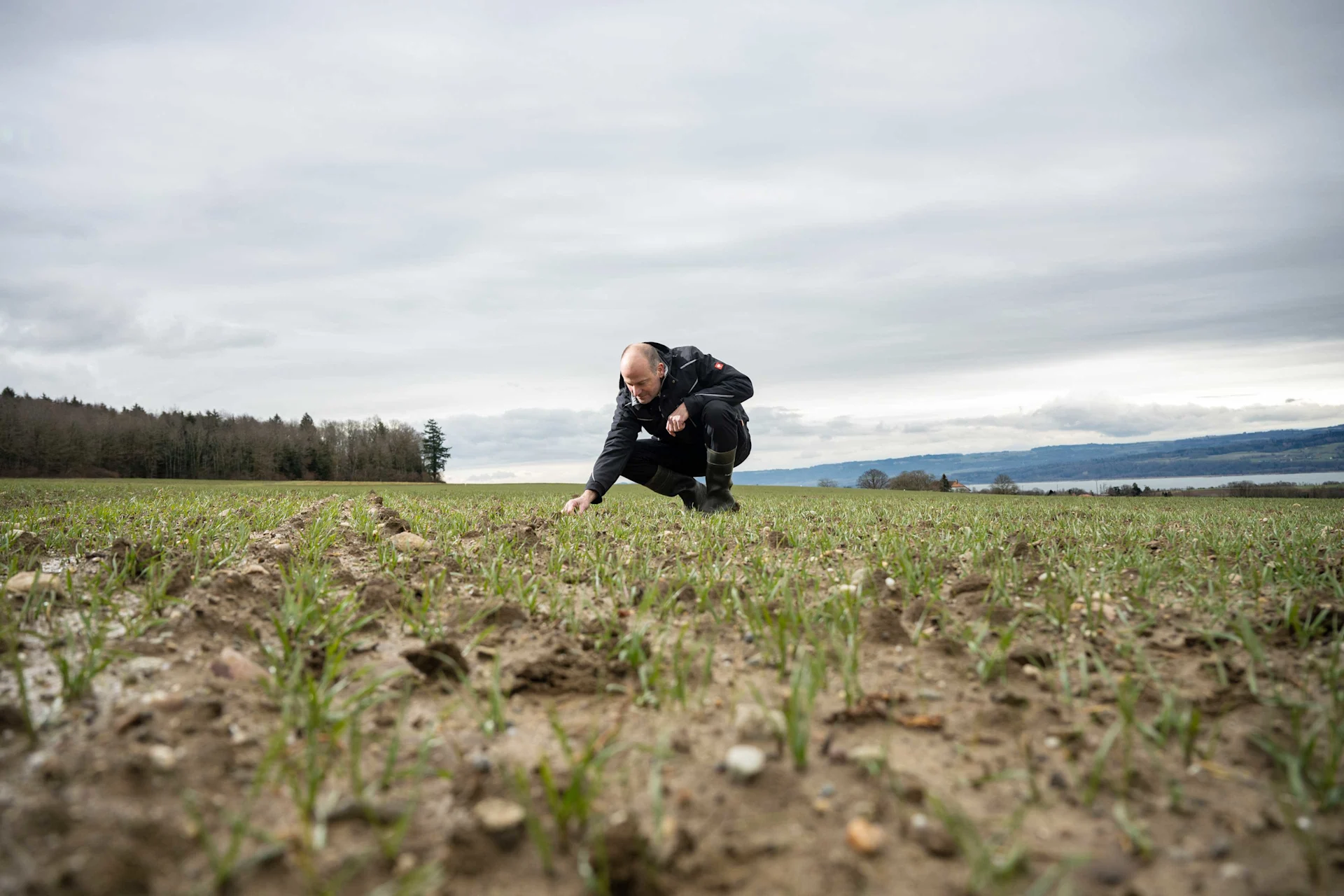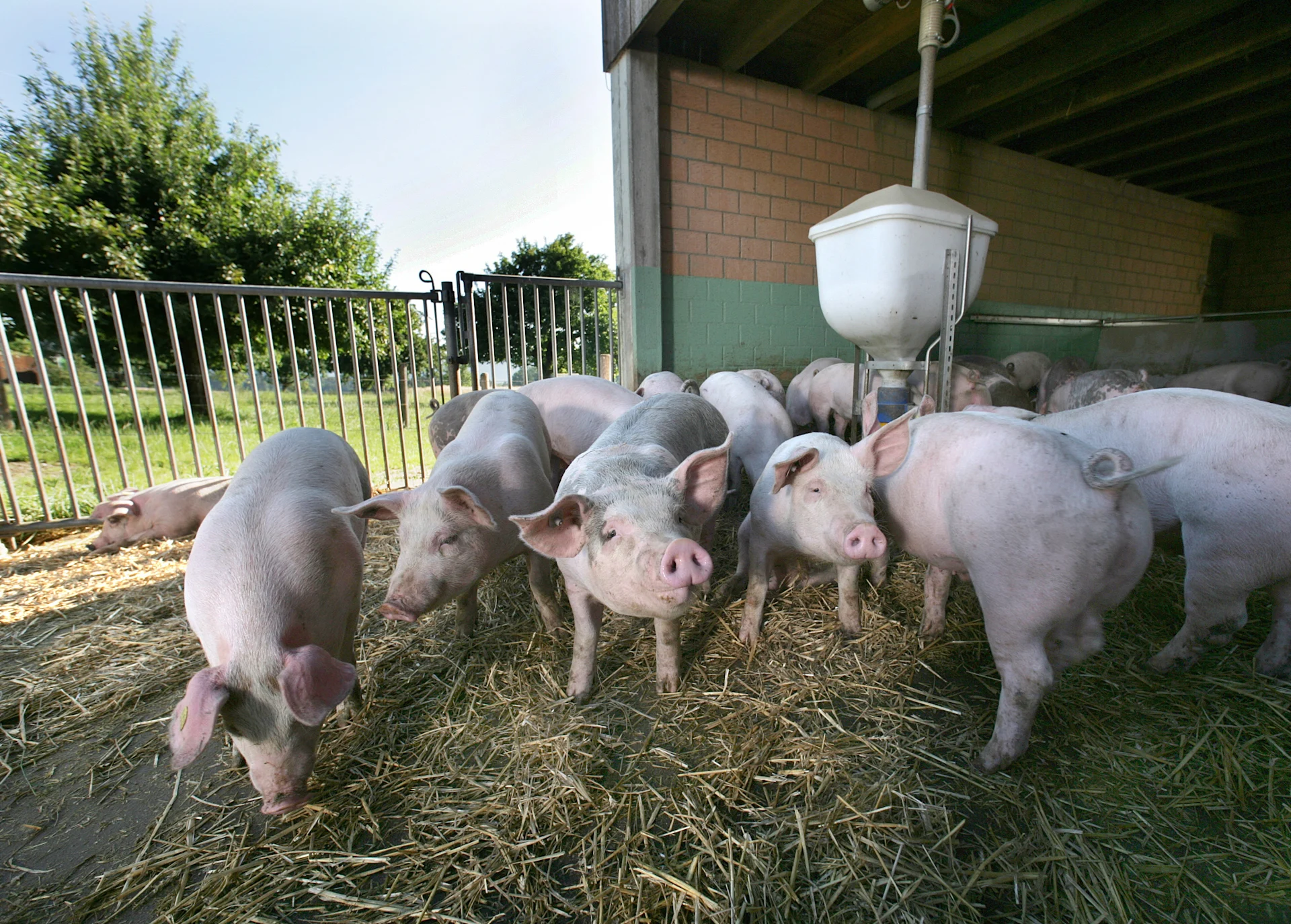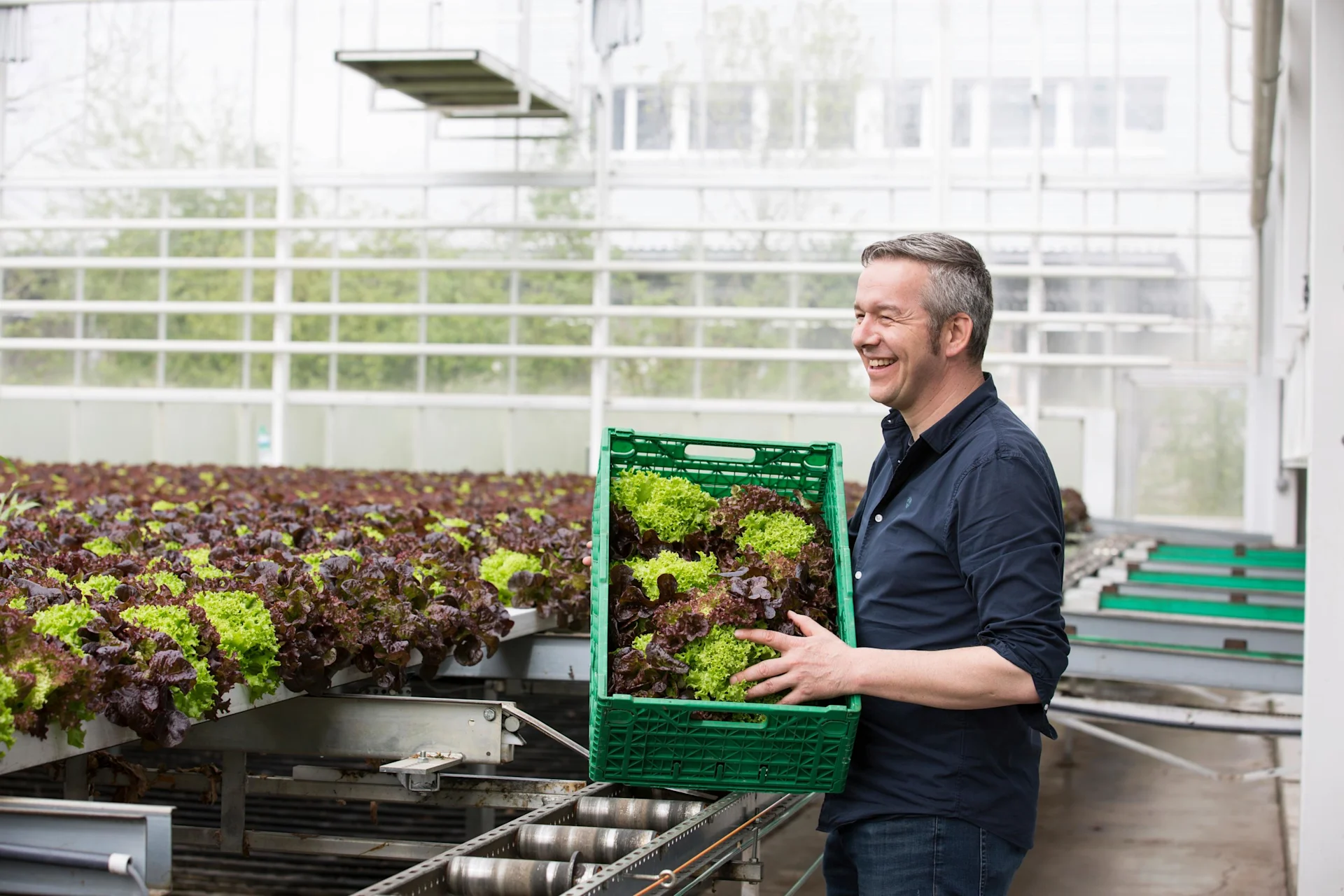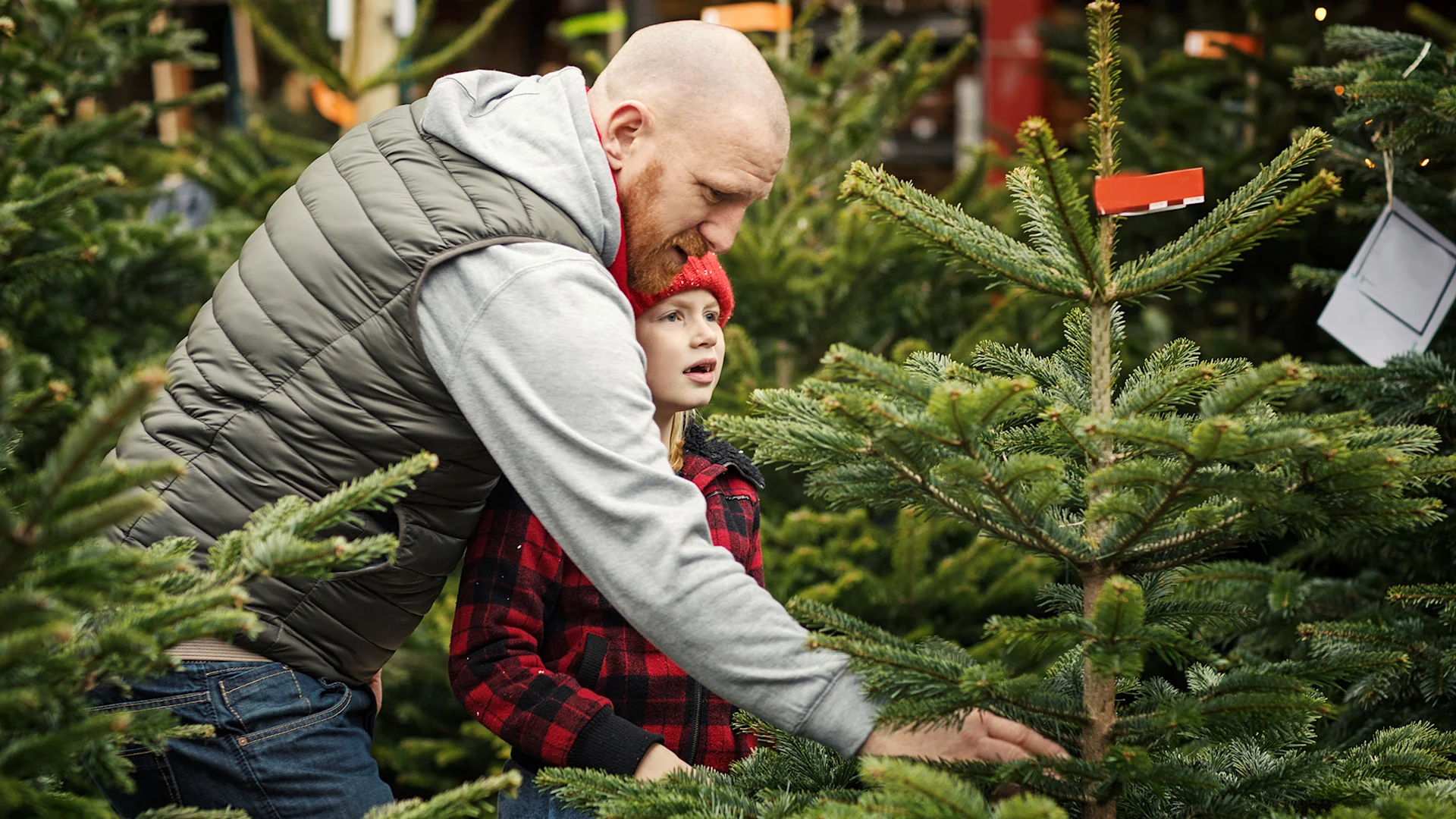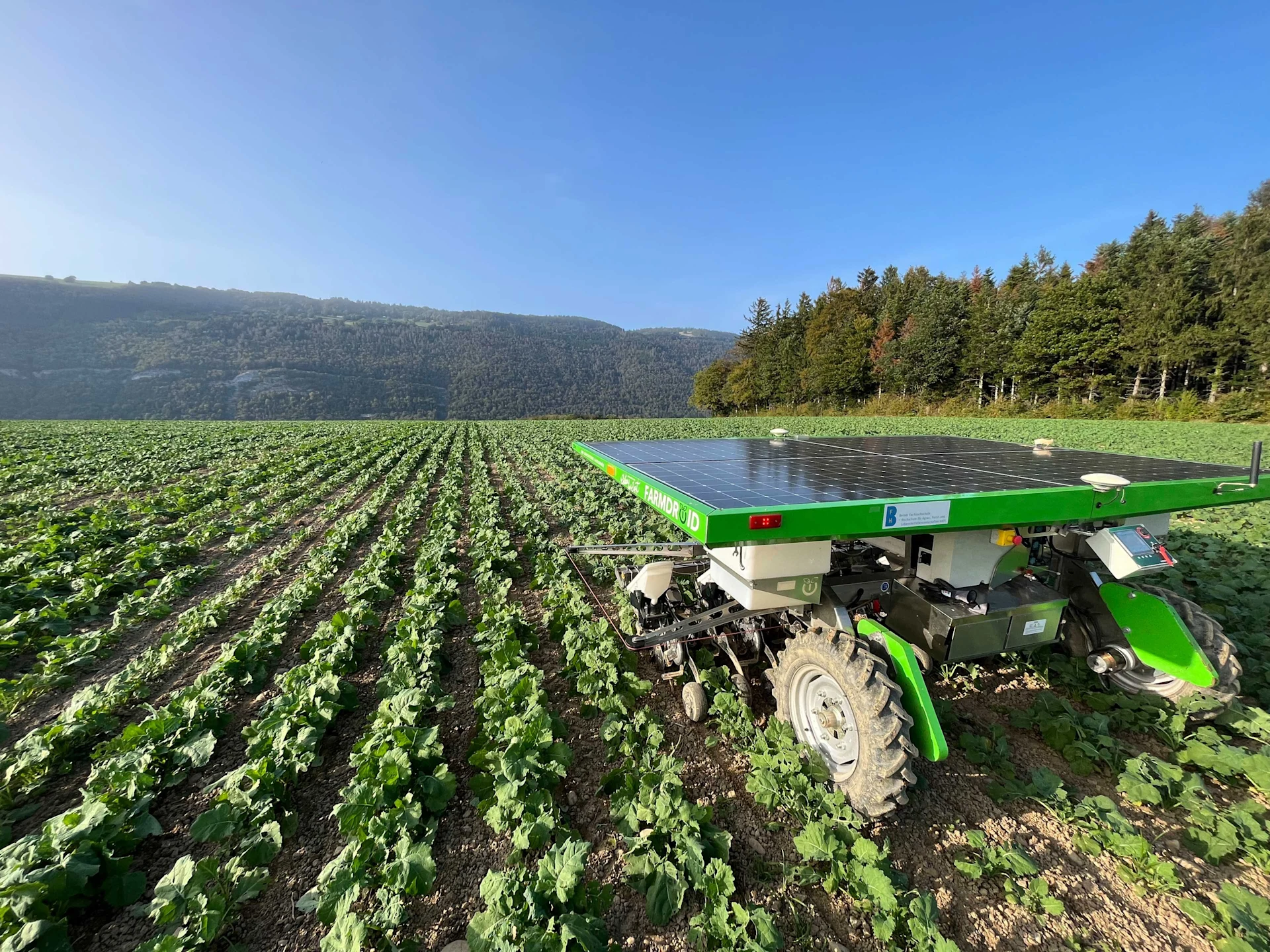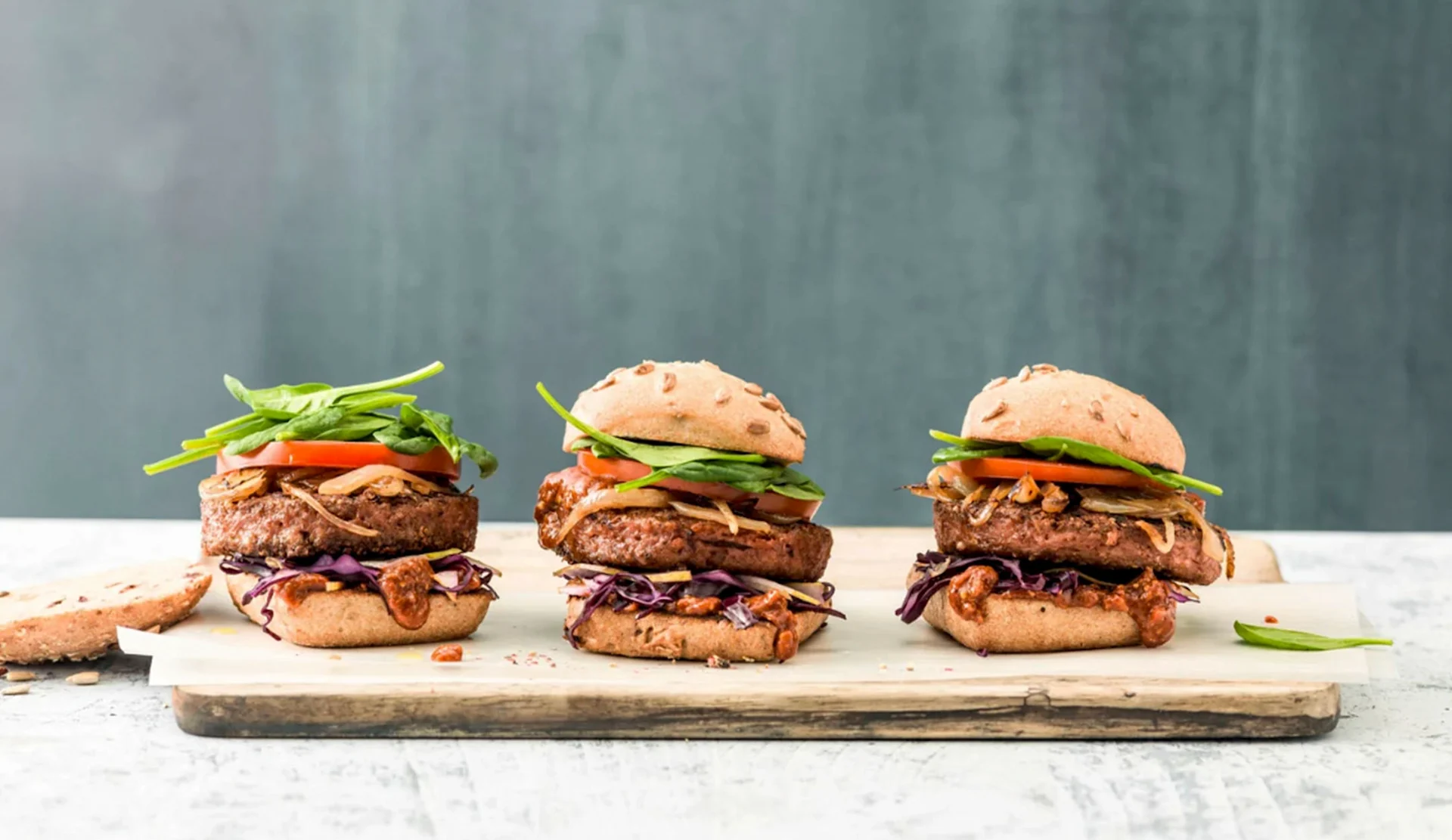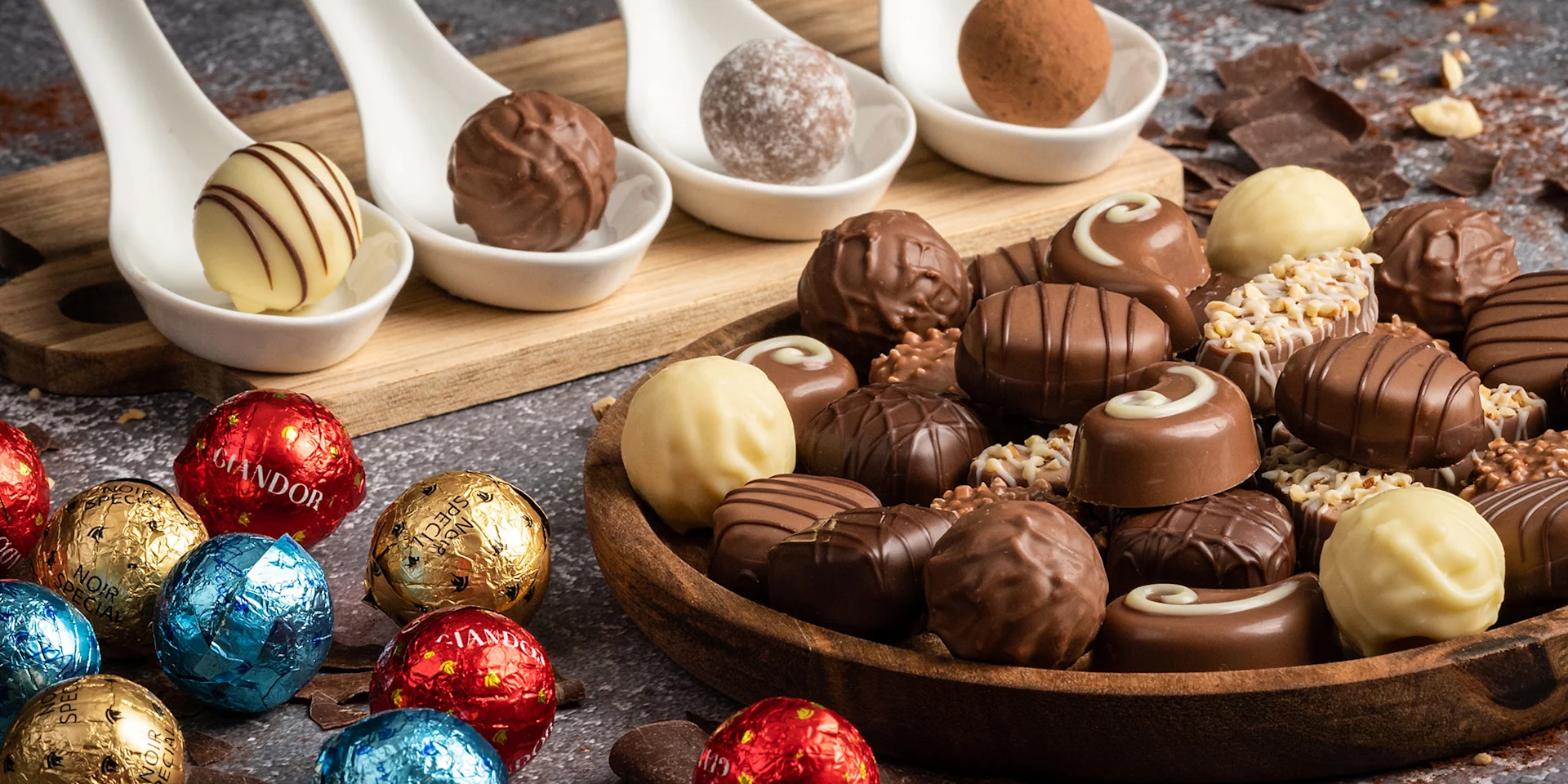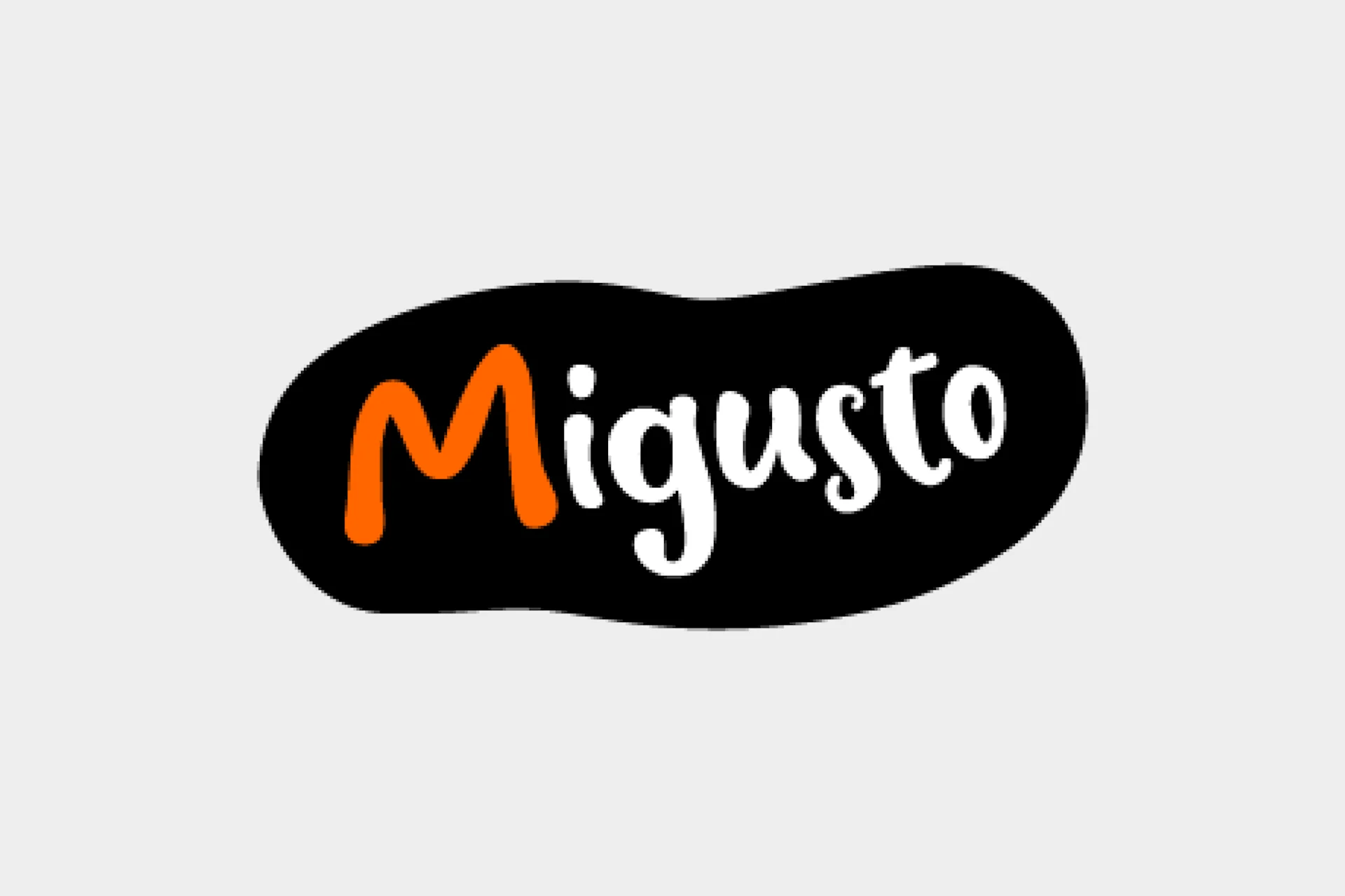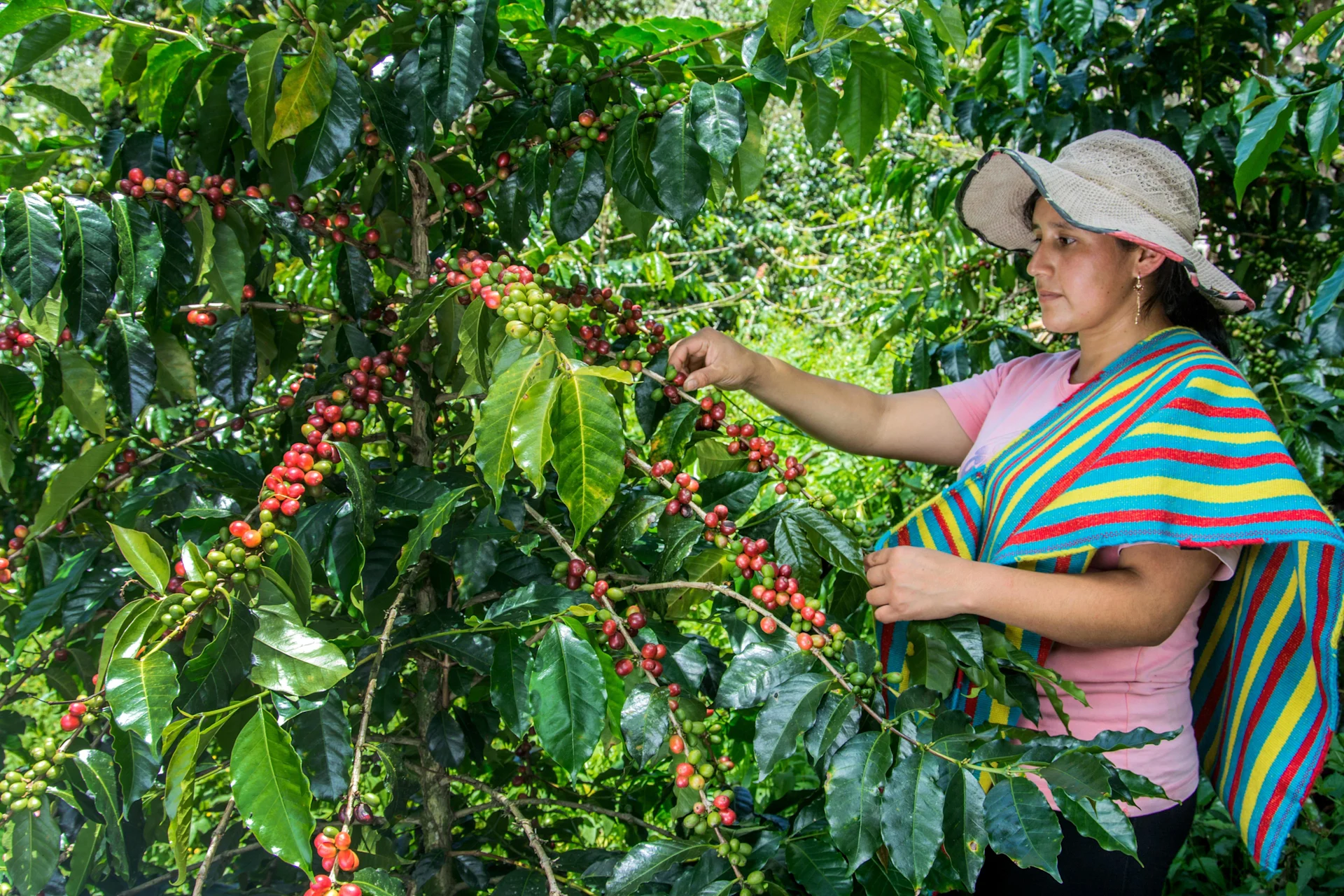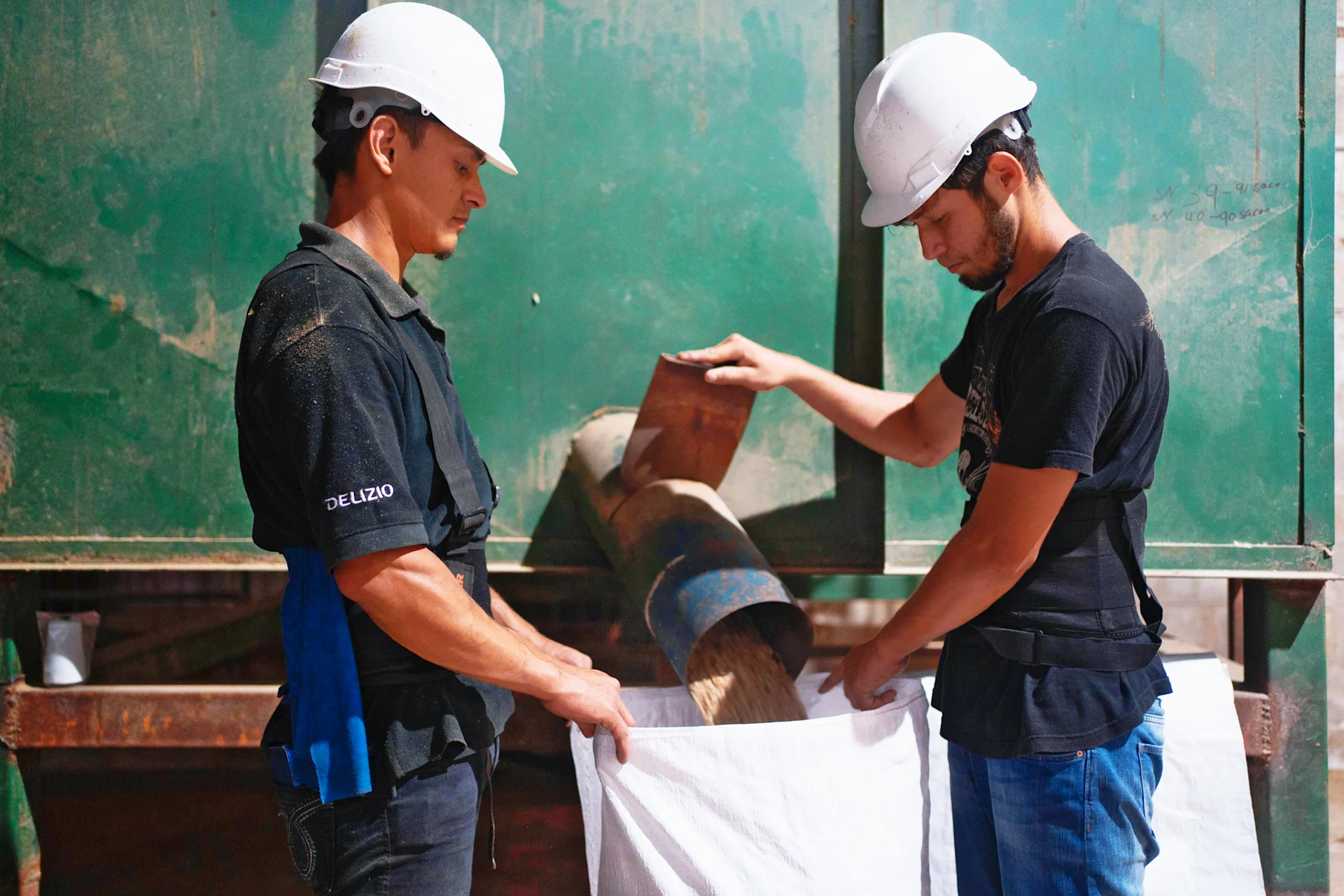Certified cocoa
Fair and sweet
Sustainable cocoa cultivation
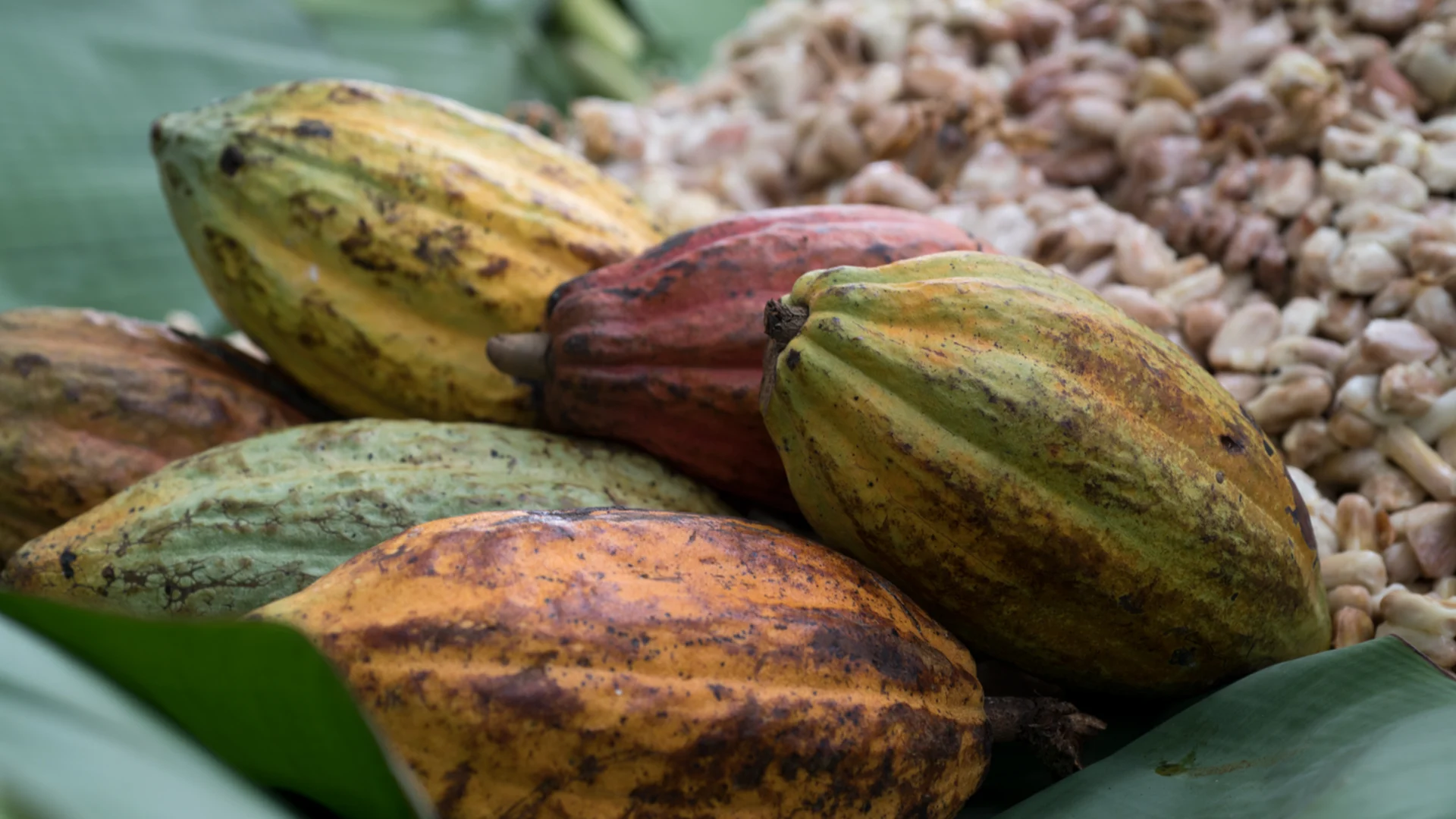
Did you know that a Swiss person eats 12 kilos of chocolate every year, on average? Cocoa is the most important raw material for making chocolate. Many millions of people around the world are involved in its cultivation. Through our commitment to sustainable cocoa cultivation, we want to both support these people and help protect the environment.
What we do
Our goal is to make cocoa cultivation more sustainable. You can help us achieve this by looking out for the Rainforest Alliance and Fairtrade certifications when buying cocoa products.
We source cocoa from sustainable production that guarantees fair working conditions for suppliers and producers.
Since late 2013, all chocolate from our own brand Chocolat Frey has been Rainforest Alliance-certified.
By the end of 2025, we want all coffee beans used for our own-brand products to meet the Rainforest Alliance, Fairtrade Max Havelaar or EU Organic / Bio Suisse standards.
Committed to fair trade
What we are currently doing
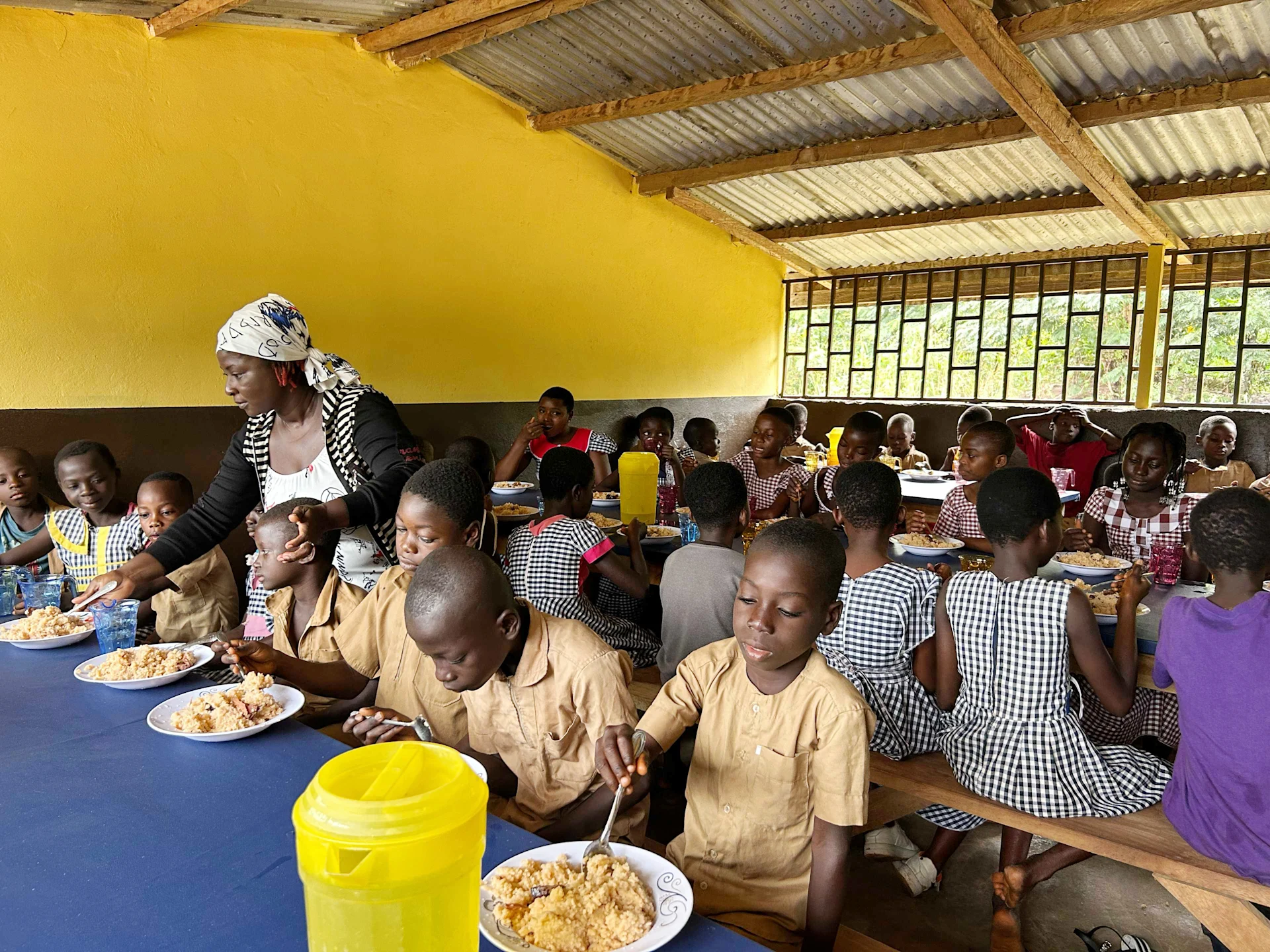
Sustainability
Do something good for CHF 0.50
If you buy a bar of "Côte d'Ivoire" chocolate, you will be contributing to a success story in West Africa.
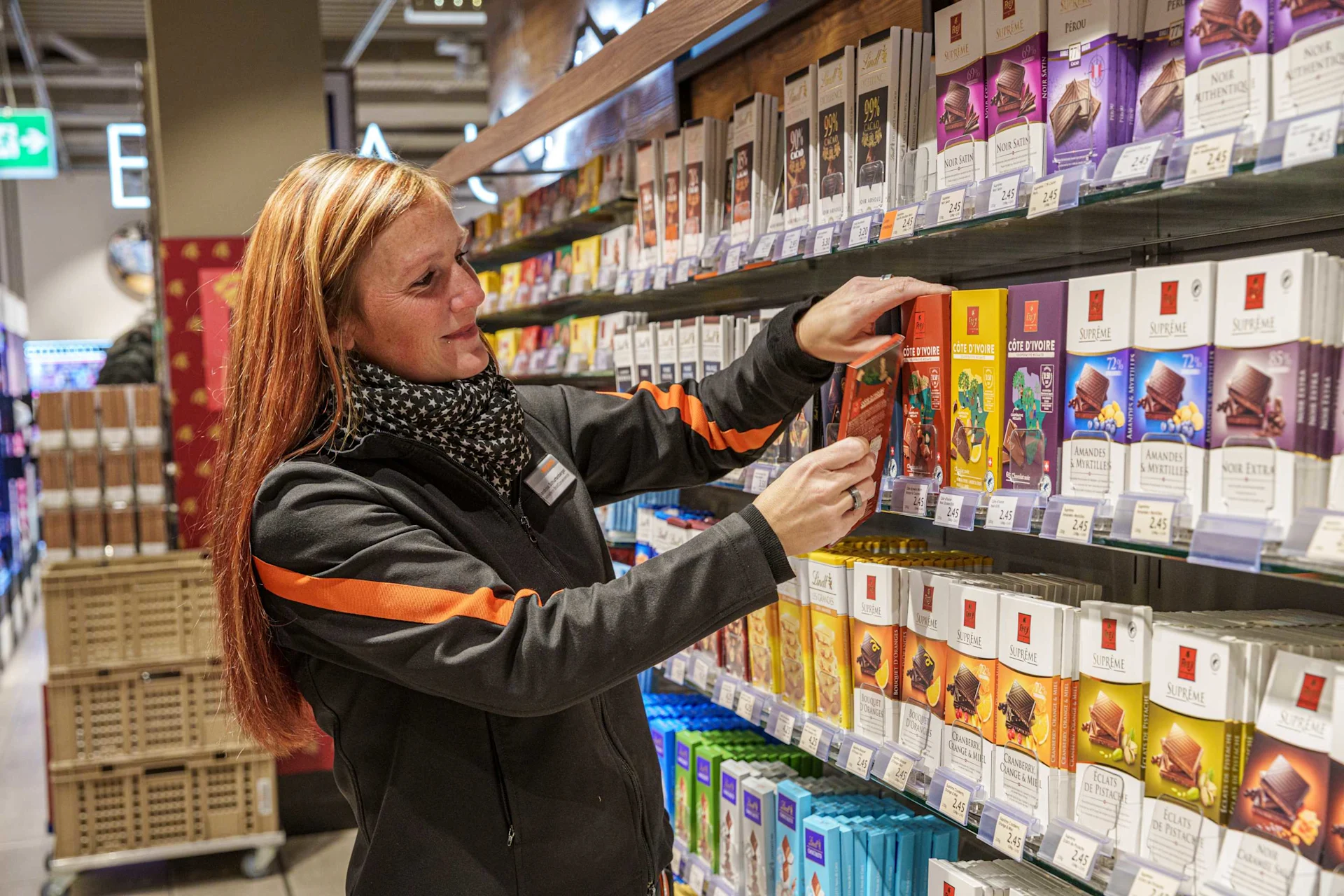
Sustainability
More clarity in the label jungle
Migros has many chocolates with different labels. But what do “Fairtrade”, “Bio” and “Rainforest Alliance” mean?
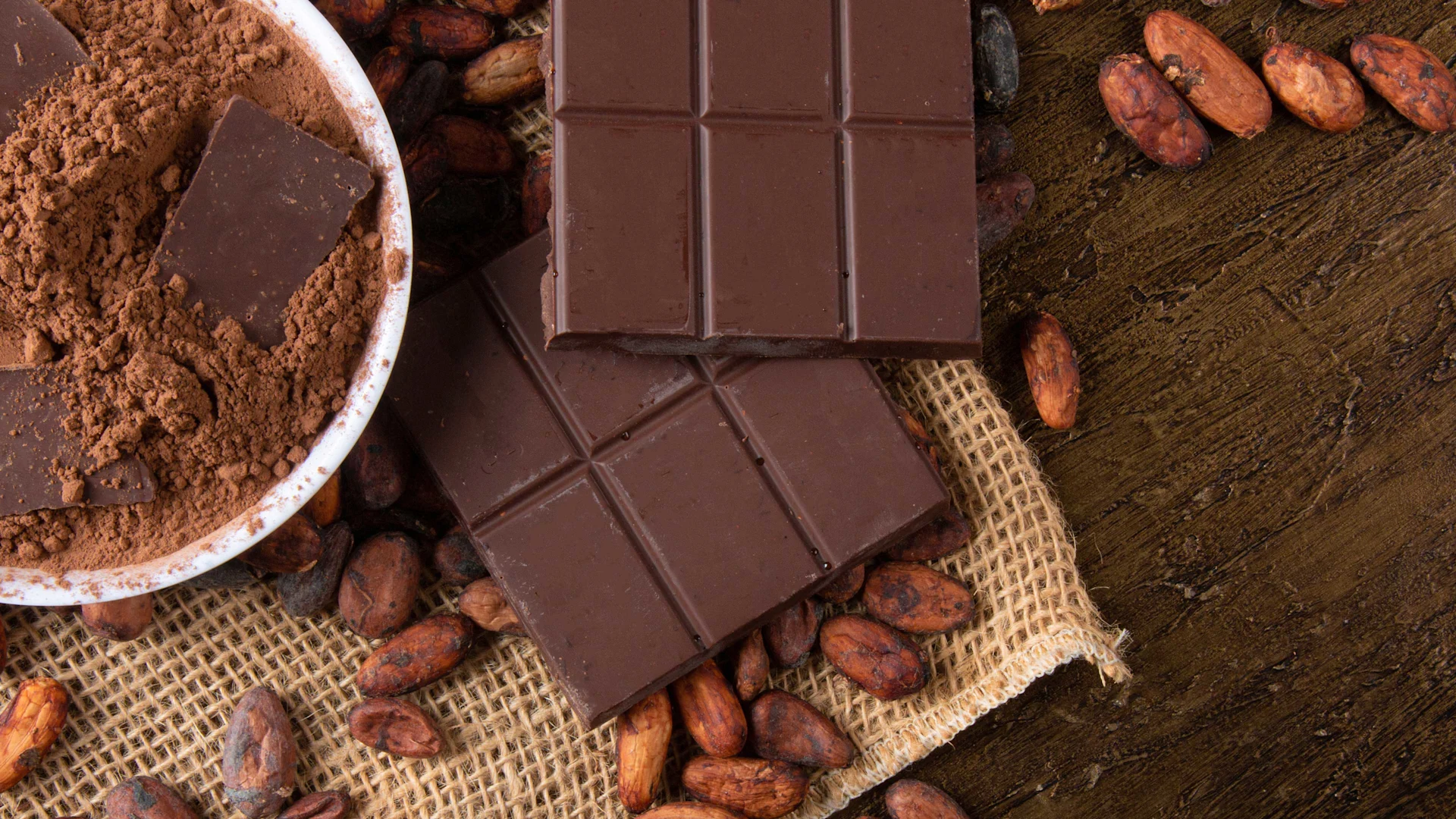
Supermarket
Why the price of cocoa is going through the roof
The price of cocoa has almost quadrupled in one year: Bruno Feer explains the background and consequences for Frey chocolate.
Our cocoa labels
Our in-house factory – Delica – develops and produces chocolate that you can enjoy with a clear conscience. For example, the chocolate bars and snacks from our own brand Chocolat Frey are made here in Switzerland using Rainforest Alliance-certified chocolate. To tackle the many challenges associated with cocoa cultivation, we have teamed up with various partners.
Rainforest Alliance
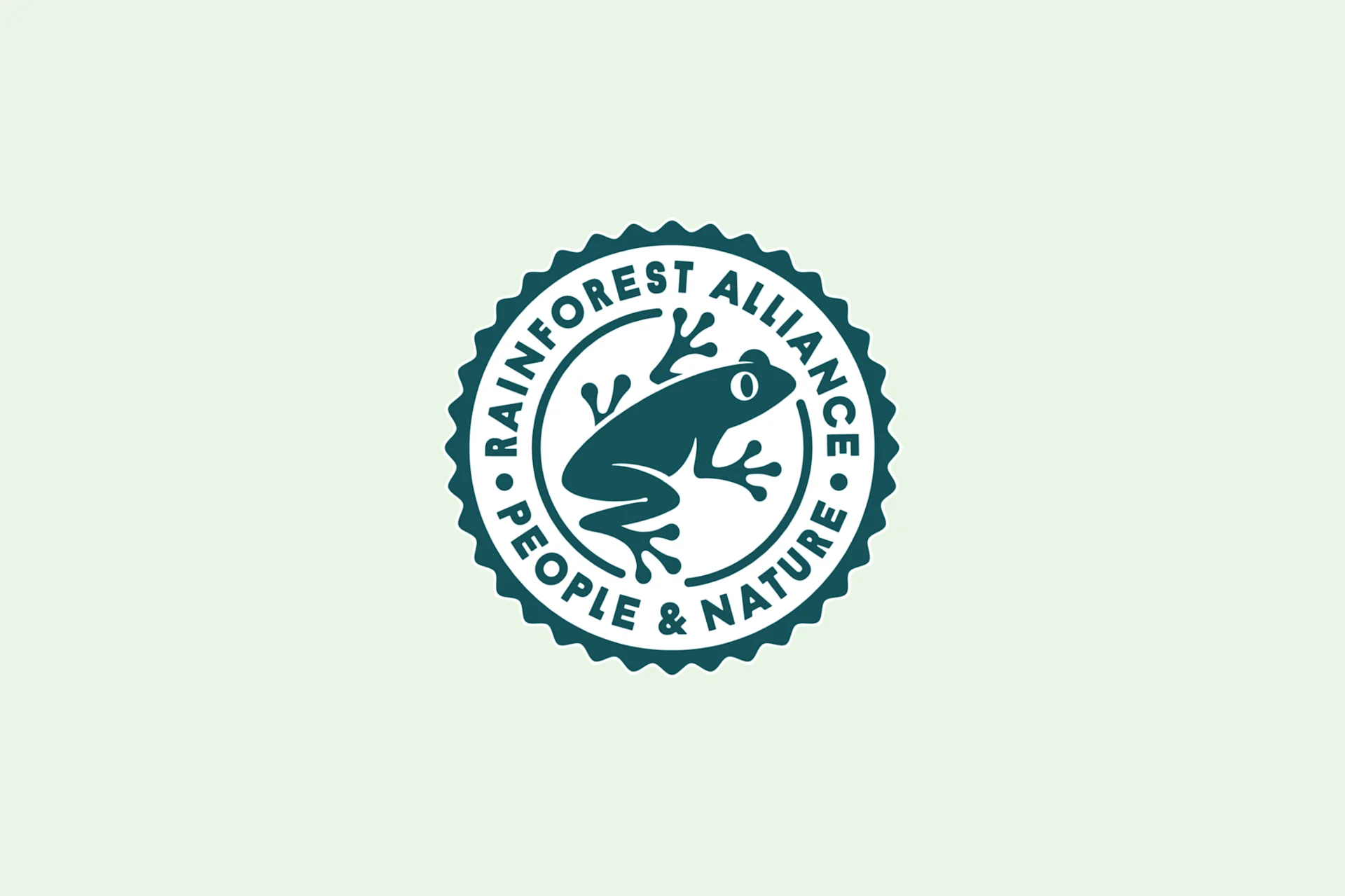
The Rainforest Alliance promotes responsible and sustainable cocoa cultivation.
In 2018, the Rainforest Alliance joined forces with the UTZ programme to create a new certification programme that combines the strengths of both labels. The standards include specifications relating to the following:Equal rights in production companies and collectives
Zero violence and harassment in the workplace
Employee health and safety
Ban on child labour
Wildlife and biodiversity protection
Water management
Reduction of greenhouse gases
Improved cultivation practice
Crop rotation and polyculture
Fairtrade Max Havelaar
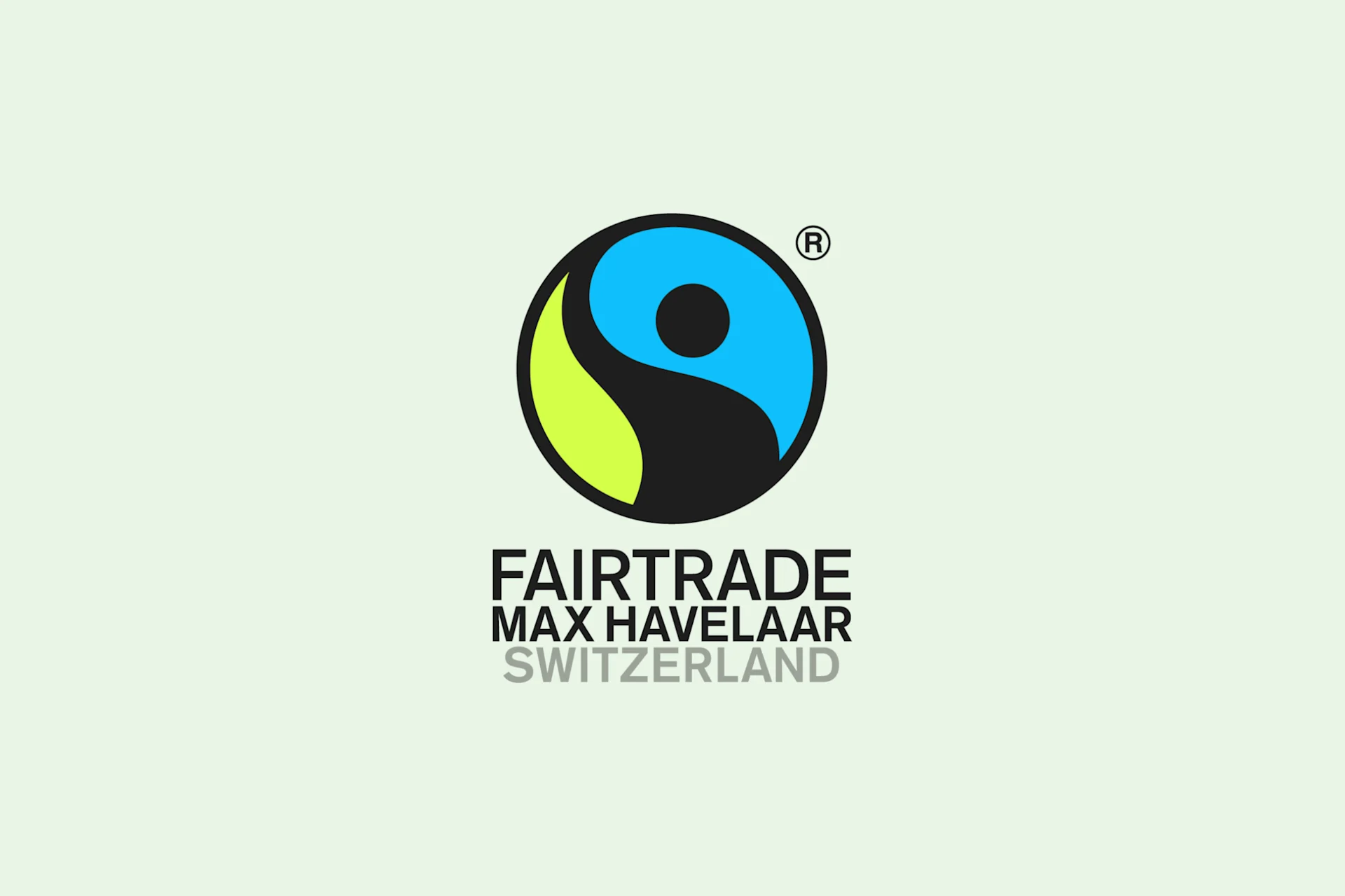
Fairtrade is committed to sustainable cultivation and fair trading practices. Products bearing the “Max Havelaar” Fairtrade label are primarily intended to improve the living and working conditions of smallholder farmers and their families. This involves ensuring:
A guaranteed minimum price
A fixed premium paid directly to the producers
Regulated work conditions
Prohibition of exploitative child labour
Prohibition of discrimination
Environmentally-friendly cultivation
Protection of natural resources
Prohibition of dangerous pesticides
No genetically modified seeds
Transparent trading relations
Migros Bio
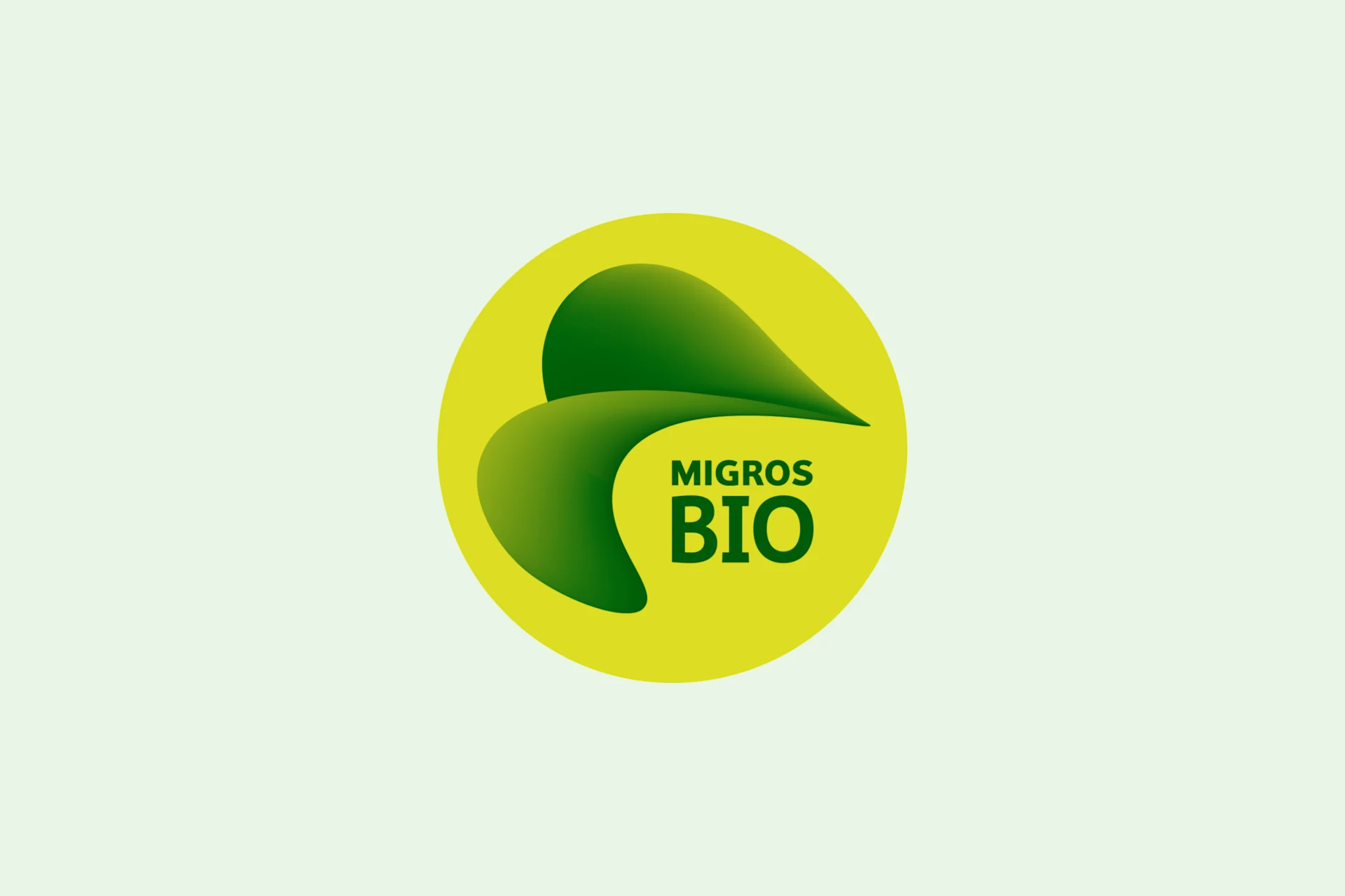
The Migros Organic label indicates that a considerate approach to the environment has been used in production. This involves, for example:
Production in harmony with natural cycles
Promotion of natural soil fertility
Preventive plant protection instead of chemical protective agents
No genetic engineering or air transportation
Every chocolate in the M-Check
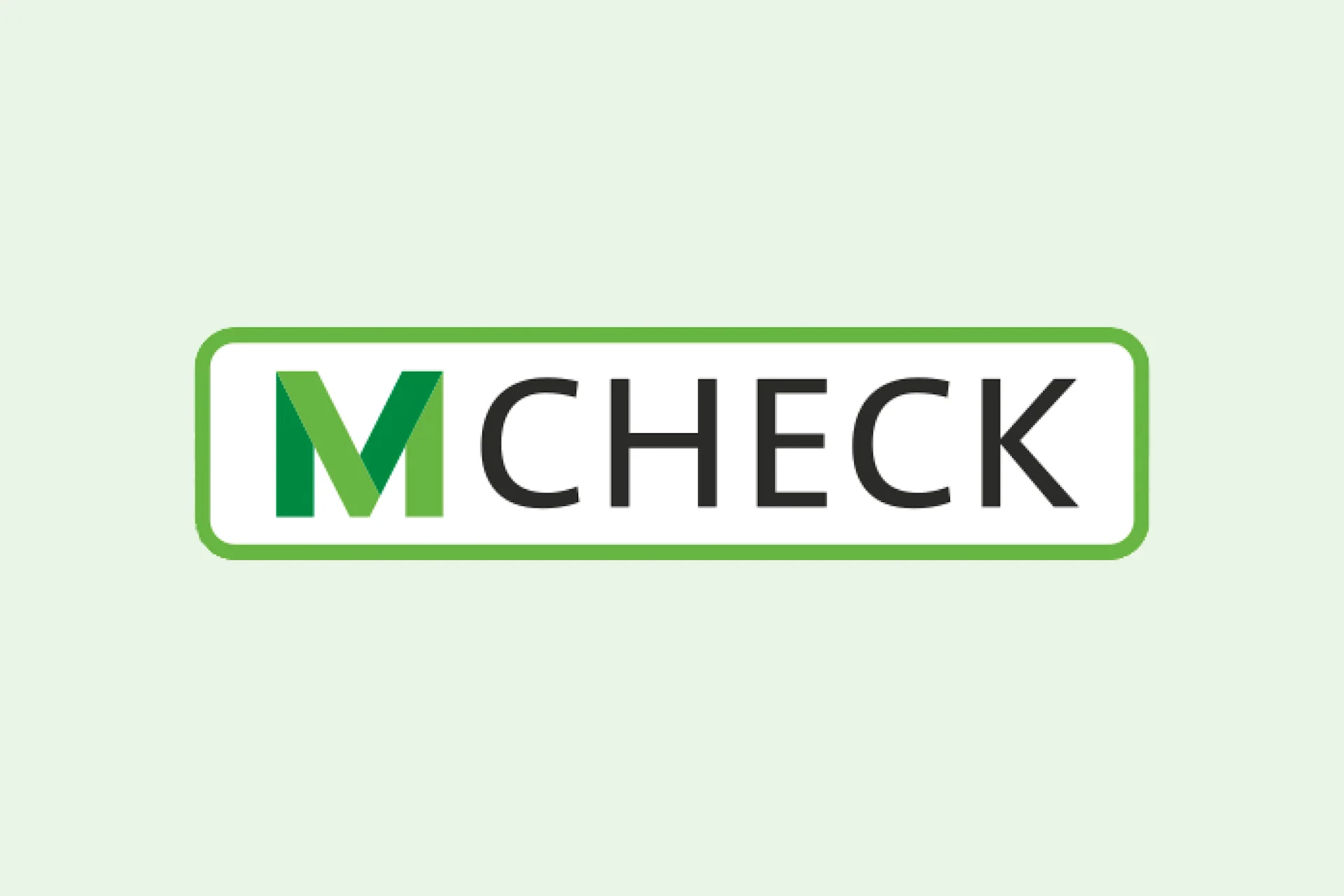
With the M-Check, we provide transparent information about how the product performs in comparison to other products. The more stars it has, the more sustainable it is.
Fair-trade chocolate from our product range
Acting sustainably together
You can find out more about our commitment to a wide range of sustainable products in the stories.

